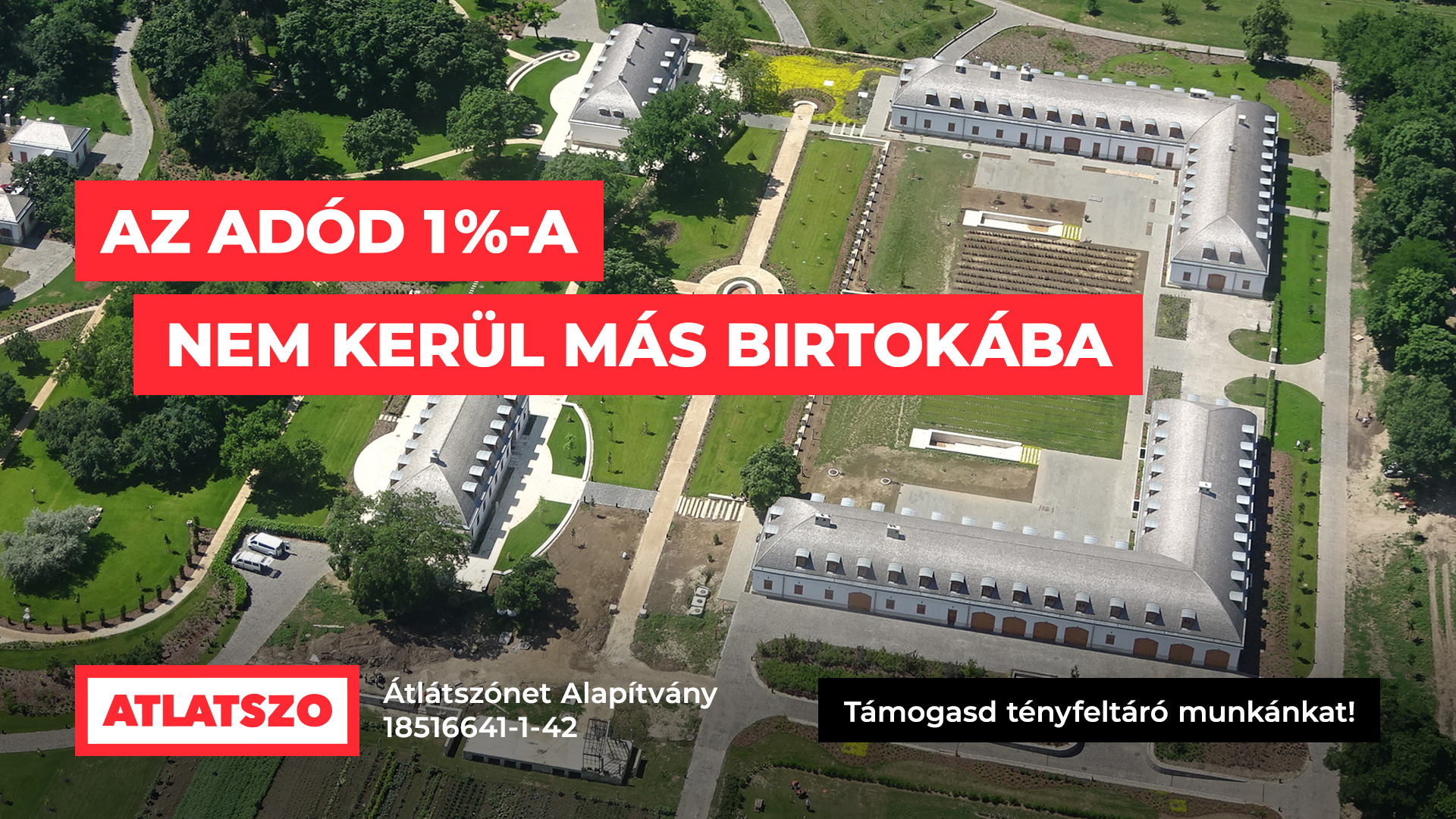Proceed to the new english feed
Our english language news feed moved here, please click: http://english.atlatszo.hu/
The rate of asylum seekers arriving in Hungary has increased tenfold in 2013, causing chaos in the camps and tensions between local residents amidst claims of violence and counter-claims that local residents are at grave risk from refugees, a short film by atlatszo.hu shows.
The number of asylum seekers living in Hungary had soared to over 16,000 by the end of September 2013, from just 2,157 in the whole of 2012. The stream of refugees is rocketing not only from the Syrian civil war and the unstable security situation in Afghanistan but also due to changes to EU regulations. New camps have been opened in response, most recently to 200 refugees in Vámosszabadi, provoking the village’s 1,600 residents into holding street protests in nearby Győr.

Most of our interviewees from the Hungarian refugee care system asked that their faces not be shown, for fear of repercussions. Using hidden cameras inside the camps, atlatszo.hu observed the inhumane conditions under which asylum seekers in Hungary are being kept.
One Syrian refugee tells us “they call it a ‘closed camp’… it was a jail actually.” Guards “were really rude most of the time: they close the doors on us and I have been beaten there, every day … and from the police”, says the English teacher and ex-soldier, adding that he would be executed for desertion if he returned home.
After two months and numerous attempts to contact the Immigration Office, its director of refugee affairs István Ördög agreed to talk. He admitted that the system needs to be changed, and said the relevant legal regulations are underway to legally contract refugees tol stay in Hungary in the medium- to long-term.
“Instead of putting asylum-seekers into the care system, a contractual relationship would be introduced. Refugees would indicate their intention of settling down and staying in Hungary for a longer period and the Hungarian state would agree to support them in return,” he explained.
However, NGOs say while the provisions will change completely from January, financing is not yet clear. “The situation has reached crisis point,” says Márta Pardavi of the Hungarian Helsinki Committee. “The present practice of the asylum system is unsustainable, a new concept is needed. These and similar phrases describe our asylum system, while hate politics are starting to elevate this to a campaign issue.”
The Dublin II Regulation usually makes the member state through which the asylum seeker first entered the EU responsible from that point. However some member states have already blocked asylum seekers being sent back to Hungary, citing the inhumane conditions in camps here. In Germany a group of Afghans successfully went on hunger strike to protest being sent back to the country where they said their captors had beaten them up.
“The asylum seekers generally haven’t intended to settle down in Hungary, but whoever’s caught here is obliged to enter the system,” Pardavi explains, adding that “once you’re in the Hungarian system, you can’t break free, and with the Dublin II procedure, you can be ‘re-deported’ here from other countries too.”
A refugee speaking on condition of anonymity says “I was deported back from Belgium here in 2011. Then they put me in jail for six months and five days in Nyírbátor, and really really hard days. I remember one night they beat a guy a lot… and when I say a lot it means the nose, the teeth were bleeding.
In another incident the facilities were filled with tear gas after the ten o’clock curfew. “I couldn’t breathe. After one minute they let me come out and asked ‘do you want to do that again?’ and I said no and they asked everyone else the same thing,” he recalls. “(It would have been better) to die in a bombing in Afghanistan, and not here drop by drop, slowly and slowly,” he says.
The original Hungarian language article was posted on 04 November 2013. Translated by atlatszo.hu volunteers. Edited by Dan Nolan.
Bankszámlaszám: 12011265-01425189-00100001
Bank neve: Raiffeisen Bank
Számlatulajdonos: Átlátszónet Alapítvány
1084 Budapest, Déri Miksa utca 10.
IBAN (EUR): HU36120112650142518900400002
IBAN (USD): HU36120112650142518900500009
SWIFT: UBRTHUHB
Számlatulajdonos: Átlátszónet Alapítvány
1084 Budapest, Déri Miksa utca 10.
Bank neve és címe: Raiffeisen Bank
(H-1133 Budapest, Váci út 116-118.)
Támogasd a munkánkat az Átlátszónet Alapítványnak küldött PayPal-adománnyal! Köszönjük.
Támogatom PayPal-adománnyalHa az 1 százalékodat az Átlátszó céljaira, projektjeire kívánod felajánlani, a személyi jövedelemadó bevallásodban az Átlátszónet Alapítvány adószámát tüntesd fel: 18516641-1-42
1% TÁMOGATÁSOur english language news feed moved here, please click: http://english.atlatszo.hu/
Please vote for our videos in the Radical Democracy Video Challenge. Show your support for atlatszo.hu’s coverage on oligarchs in...
The Hungarian tax office NAV will start an investigation into the Hungarian public media fund’s (MTVA) suspiciously pricey contracts with...
Újszentiván, a village near the city of Szeged in southeast Hungary, has experienced an amazing population boom. According to the...
Támogasd a munkánkat banki átutalással. Az adományokat az Átlátszónet Alapítvány számlájára utalhatod. Az utalás közleményébe írd: „Adomány”, köszönjük!